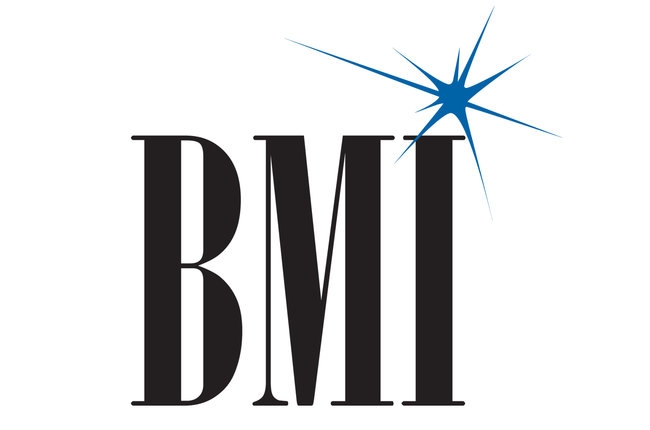BMI brought in $1.13 billion in revenue for the third straight year during its fiscal year ended June 30, 2017, a 6.6 percent increase over the $1.06 billion it collected in the prior year.
Broadcast Music Inc. showed an even bigger increase in distributions to songwriters and publishers, paying out $1.023 billion, a 9.9 percent increase over the $931 million the organization paid out in the prior year.
“No matter how much the industry continues to evolve, BMI remains the leader in supporting songwriters, composers and publishers and maximizing their royalties across all platforms," BMI president/CEO Mike O’Neill said in a statement. “We are thrilled to have been able to achieve these record distributions, but we still believe our affiliates deserve more. We thank them for entrusting their music to us and will continue to work hard on their behalf to secure the full and fair value of their creative work.”
Within BMI’s revenues, domestic receipts grew 6.63 percent to $836 million, up from $784 million in the prior year, while foreign receipts grew 6.5 percent to $294 million, up from $276 million. But last year foreign revenue had declined from the year before, so the $294 million from fiscal 2017 puts BMI slightly ahead of the $292 million the organization collected in its fiscal year 2015.
In both this year and last, BMI cited unfavorable currency exchange rates due to the strength of the dollar and noted that in fiscal 2017, BMG would have seen an additional $10 million in international revenue if not for that factor.
Breaking out revenue by source, media revenue -- which includes television, cable and radio -- totaled $524 million, a 6.5 percent increase over the $492 million in collections in fiscal 2016; while general revenue -- which includes background music in stores, hotels, airlines and bars and clubs -- totaled $149 million, up 6.43 percent from the $140 million collected in the prior fiscal year. BMI said it licensed an additional 13,000 businesses last year, which is on top of the 15,000 businesses it added in fiscal 2016.
Meanwhile, the growth of new media revenue -- such as that from digital services like Pandora and Spotify -- slowed, though it was still up 7.24 percent to $163 million from $152 million in fiscal 2016. When that $152 million is compared to how much revenue those services paid BMI in the prior fiscal year, the new media category had enjoyed explosive growth of nearly 51 percent over the nearly $101 million collected in fiscal 2015.
One of the factors at play here, impacting both the growth in BMI’s distribution total and the slower increase in its new media revenue growth, has been the introduction of direct deals between publishers and digital services, like the one reached between the majors and Pandora.
Last year, BMI distributed about $30 million from direct deals to its songwriters, but that $30 million isn’t counted as part of its total revenue, only towards its distribution.
“While the administration of direct digital deals is relatively new, we’re seeing the benefits across the board,” O'Neill said. “BMI generates new business, our publishers benefit from our distribution expertise and our affiliates continue to receive their royalties from a trusted source. It’s a smart solution for everyone involved.”
However, the commission that BMI receives for distributing payouts to songwriters from direct deals is likely counted as revenue. For instance, if BMI received a 10 percent commission on that $30 million, that means $3 million would be counted toward revenue.
So due to direct deals, BMI collected $30 million less in revenue. If that amount is added to its new media revenue of $152 million, it would have totaled $182 million, or a 20 percent increase.
Another way the direct deals impact BMI's numbers comes in figuring out its overhead. While, typically, distributions can be deducted from revenue to derive BMI’s expenses and, thus, its administrative fee, due to the direct deals this year that math doesn’t produce an accurate representation of that expense. Consequently, BMI says its administrative fee remains at about 12 percent, which is what it was in fiscal 2016.
BMI said it processed nearly 1.4 trillion performances this year, 40 percent more than the 1 billion announced last year. Of that total, 1.35 billion, or 96.4 percent, were digital performances, which the organization said highlights its ability “to manage big data and convert it to actionable information.”








